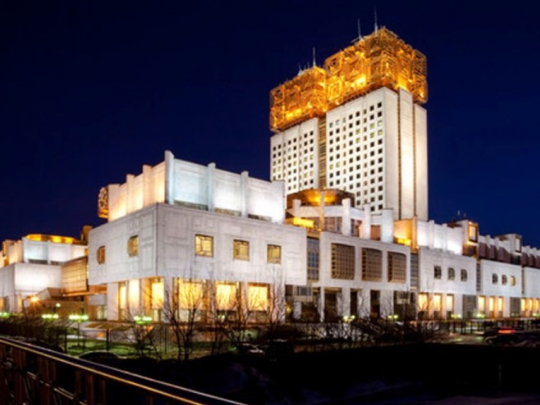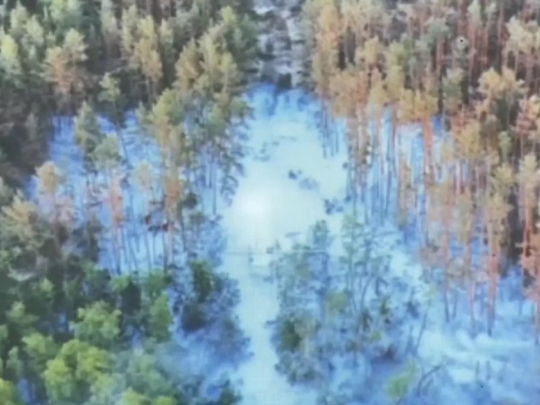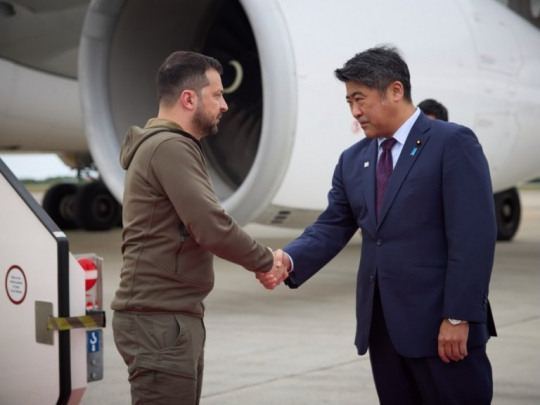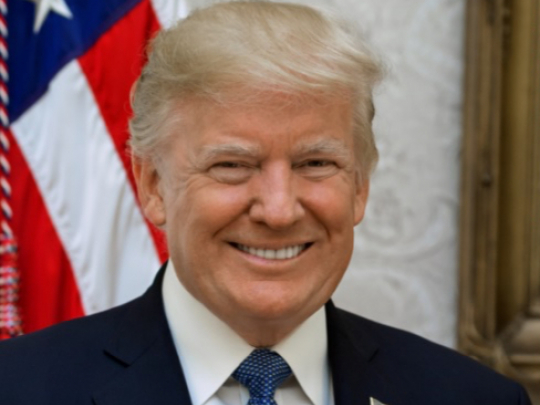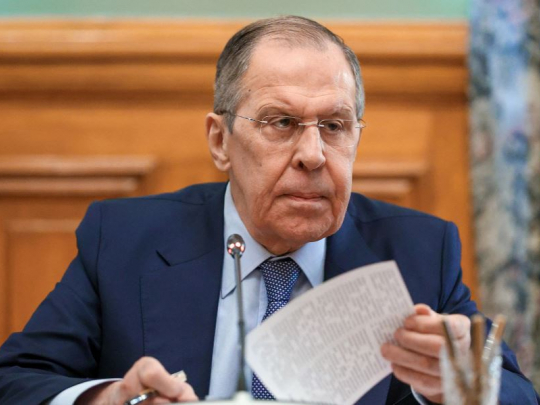Putin vs. Bilderberg: “Do you want another Cuban Missile Crisis?”
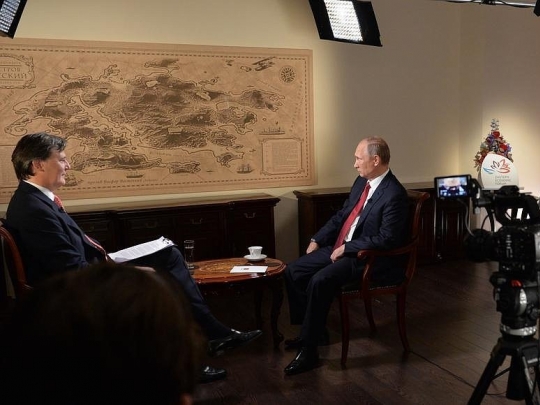
The most important information event of Friday was Vladimir Putin’s interview with Bloomberg, in which the Russian president touched on key issues on the global information agenda. I am sure that dozens of publications are going over this interview and discussing every question and answer in it, but I want to propose to you, dear friends, to look at this from a different angle.
The point is that John Micklethwait, the editor-in-chief of Bloomberg who interviewed the Russian president, is not merely a journalist, but one of many journalists who has participated for many years in meetings of the Bilderberg Club as a full member of this shadow interest group whose opinions determine the policies of Western countries. I think that this explains the unusual format of the interview and the fact that Vladimir Putin called Micklethwait a “specialist” and debated with him more like a politician than a journalist…
If we look at the interview with Putin from this point of view, then we see that this can be considered as Putin’s response to the Western political elite. Here are the key points which I would like to highlight.
John Micklethwait inquired as to whether Putin is ready to exchange or sell the Kuril Islands and Kaliningrad, a question which immediately received a sharp response from the Russian president. The response on the Kuril islands was done in traditional Putin style, said to the effect that “Russia does not trade territories, but looks for agreements that suit both parties.”
As for Kaliningrad, Putin outlined the following perspective for this representative of Bilderberg: if someone starts revising the outcome of the Second World War, then the question can be immediately raised about Germany’ eastern territories, where Lvov belongs, and the borders of Romania and Hungary. If anyone wants to open “Pandora’s box”, as Putin put it, then “go ahead with flag in hand.” John Micklethwait hastened to say the he was joking. But the video intereview shows that Putin did not appreciate this “joke.”
The second important point was when John Micklethwait asked Putin about Russian gold-currency reserves, budget deficits, and oil prices. He, like many Russian liberals, distorted Putin’s quote on oil production falling if oil prices fall below $80 a barrel. But Putin reasonably replied that we have enough currency reserves by all standards and a moderate budget deficit. To the question of oil prices, the Russian president remarked that investments in oil production have fallen sharply given current prices. This is what he had in mind, not what certain journalists are misquoting him as saying.
Here you can see the graph compiled by Bloomberg itself which, ironically, indicates that the Russian president is absolutely right.

Due to low oil prices, no one is investing in the exploration of new reserves, hence why the number and size of new oil fields in 2015 and 2016 fell to zero. This means that, in the future, we inevitably await a shortage of oil and corresponding higher prices. Putin’s response can be interpreted as a subtle hint at the serious economic circumstances which our Western partners will not find to their liking.
We must give credit to the Bilderberg club’s representative – he really tried to provoke the Russian president to give him the answers he wanted. In particular, he tried to present Putin as a staunch enemy of Europe who desires the collapse of the Eurozone, the destruction of the Euro, and the complete collapse of the European project. After all, what better way to support anti-Russian propaganda in Europe than with the words of the Russian president himself? Putin, as expected, did not take the bait. He wished Europeans the best of luck in fighting the crisis and remarked that he is critical of the EU’s foreign policy, but that Russia hopes for the European economy to improve.
The second failed provocation was when Micklethwait attempted to force Putin to publicly support Donald Trump as candidate for President of the United States, or at least admit that Russia was behind the hacking attack on the Democratic Party’s servers. This provocation failed, as Putin declared his readiness to work with any American president capable of complying with agreements. So that this would be less painful for the interviewer, he added that he understands why the American public was so surprised by the information that hackers exposed. Translated from diplomatic language into English, his remark sounded so: “Yeah, everyone knows that you have a rotten political system – enough making it a comedy out of it.”
And the final important element: the Russian president stressed that if anyone in the American leadership tries to “get rid of us,” we will survive and “who knows who will lose more with such an approach.”
Then Putin broke the interview format and asked a direct question to the Bilderberg Club representative. Putin asked whether he wants to repeat the Cuban Missile Crisis. John Micklethwait quickly replied that “no one wants to.” From my point of view, this was another clear and unambiguous message to our Western partners. As they say, a kind word and a nuclear weapon can achieve more than just a kind word. All that remains is to hope that our Western partners will draw the right conclusions from the Russian president’s words.
- Source : Ruslan Oshtako - Fort Russ News




